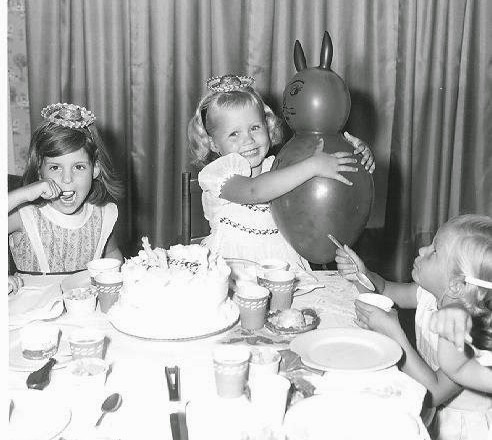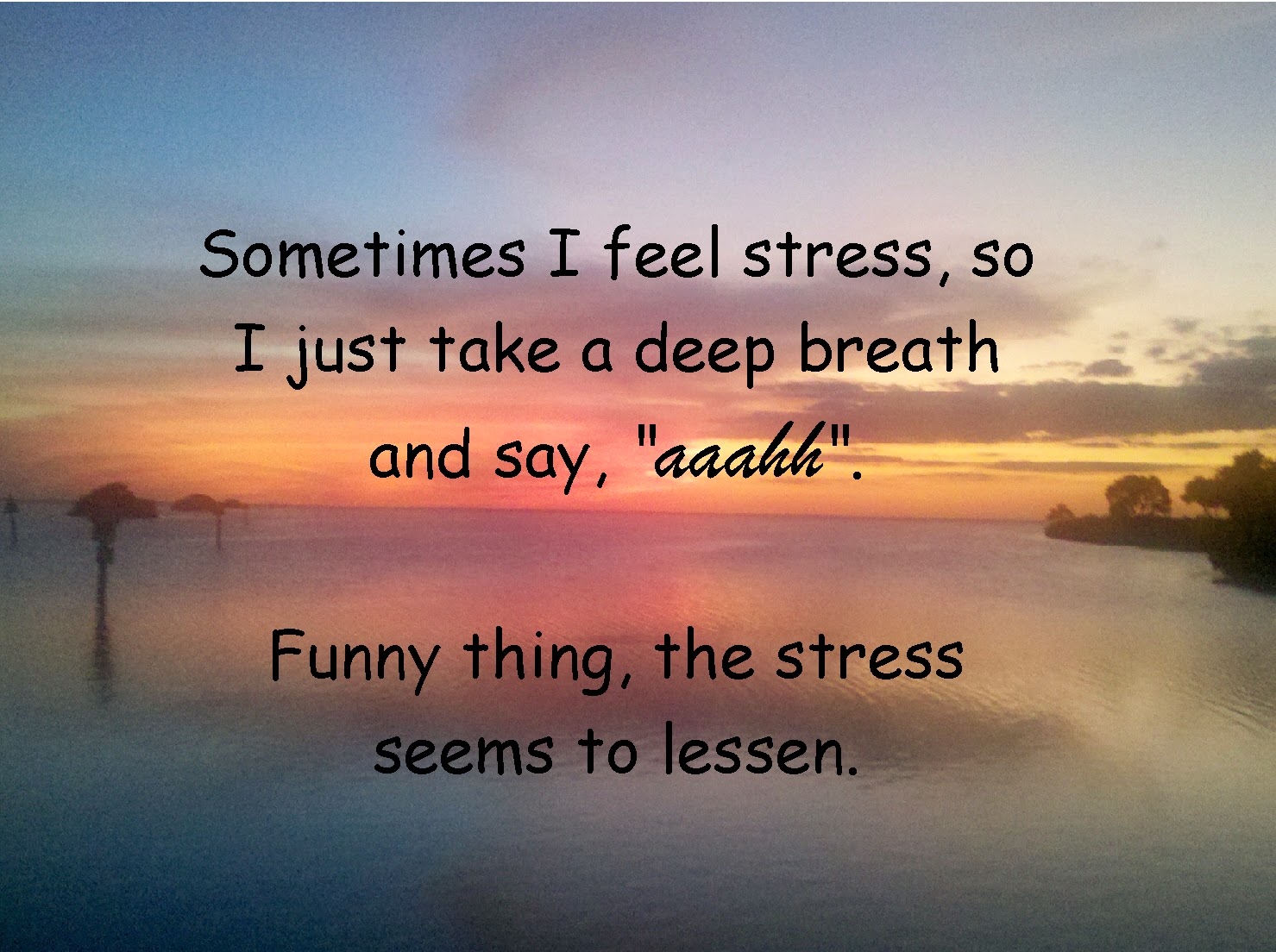More and more I see the hashtag First World Problems. It is a humorous look at ourselves, after all people often say that we in western modern societies have it really easy. For example: A possible infection, another root canal and the removal of two wisdom teeth; starting to look like a fabulous summer #firstworldproblems, or this: I’ve received new honors from my college, so the old resumes I have printed are useless now. #FirstWorldProblems. Someone worrying about which job offer he is going to take might seem frivolous to a man who’s wondering if he’ll be alive tomorrow, or whether he can feed his family for another week.
When we are suddenly facing real problems, we often start to wonder how we could ever have been so worked up about what we thought were problems before. Why did we spend so much time worrying and fretting that we could have spent enjoying? Still, if during that time we are given the adage, there are people who are much worse off than you, it feels flippant. Harken back to the times our parents told us we should be grateful for our least favorite dinner, after all, there are children starving in Africa. I didn’t know a kid who didn’t wish they could ship that meal off to the starving!
I once heard a therapist suggest that her sister in another war torn country had real problems, so the client she was seeing should be grateful that being left by her husband with small children to support is all she had to deal with. How did that make the client feel? Guilty as well as terrified, hurt and unappreciated would be my guess.
You can be sure that the client she was speaking to was not unaware of human trafficking or war or starvation that goes on around the world, still that awareness didn’t make a difference to her because she was living her life.
The fact is that fear, anxiety and hopelessness are correlated with life circumstances, but only up to a point. Living in a nice safe environment is also correlated with feeling safe and secure, but the correlation isn’t as exact as you might think. You see, fear is fear, whether it’s fear of starvation or fear of riding an elevator to your office. Someone who is frightened or depressed in an outwardly perfectly safe and secure environment still feels as if they are living an unsafe life.
Furthermore, recent research has shown that only 10% of our happiness is due to our external circumstances. A full 90% is based on our inner environment.
So, I make the case that while we don’t want to trivialize anyone for their fears or worries, there is something to be said for practicing gratitude.
Over the ages, many philosophers and sages have celebrated gratitude. Many of the world’s great religions and spiritual practices, have all at various times endorsed the idea that being grateful encourages reciprocal kindness, as well as individual and collective well-being. When people focus on gratitude on a regular basis it has been found that they enjoy increased alertness, enthusiasm, optimism and energy. In one study with hundreds of participants, the gratitude group experienced less depression, exercised more regularly and made more progress towards personal goals. According to these research findings, people who feel gratitude are more likely to feel loved and respected than the non-grateful. They also showed better immune function and less physical illness!
So rather than just noting the bare fact that there are people physically worse off than us, it may be better for us to actively focus on what we do have. When we start to actually notice and appreciate that we have access to clean water, or the internet, or other people who aren’t trying to kill us we can create a shift in our awareness. Keep in mind that comparing yourself to another (she got a promotion and I didn’t even though I work just as hard as she does) will result in more bad feelings. Your bad feeling comes from focusing on what someone else has that’s more than what you have.
Next time you feel really worried or down, think of three ways in which it could be even worse. Not how someone else has it worse, but instead it might be worse for you (but isn’t). For instance, you were stood up because your friend “got a better offer”. You might think, yea that sucks and hurts being dissed, but at least I have other friends to call and chat with. Or, at least I have a great job and my kids are safe at home with me.
Follow this by trying to imagine your life without those blessings. Imagine losing that great job and being unable to get another in the foreseeable future or having your kids being taken away from you. Take time to imagine what that might look like, how that might feel if you didn’t have those blessings. Do this for a few moments to get the impact of how things might have been. Just be sure that you are focused on a blessing you truly appreciate and not the thing that started this downward spiral in the first place. Be sure what you focus on is something that, while it would be worse, it is not likely to ever occur. So, if anything has been of concern (you are concerned that your kids will be taken by an angry ex for example) eliminate that one from your imagining.
Try this, then go back to feeling the gratitude for those blessings. Really spend a few moments enjoying the benefits in your life of living your life. Practice a smile, because it is true that it is very difficult to feel bad when smiling, even a fake smile. To quote Young Frankenstein, “It could be worse, it could be raining.”







